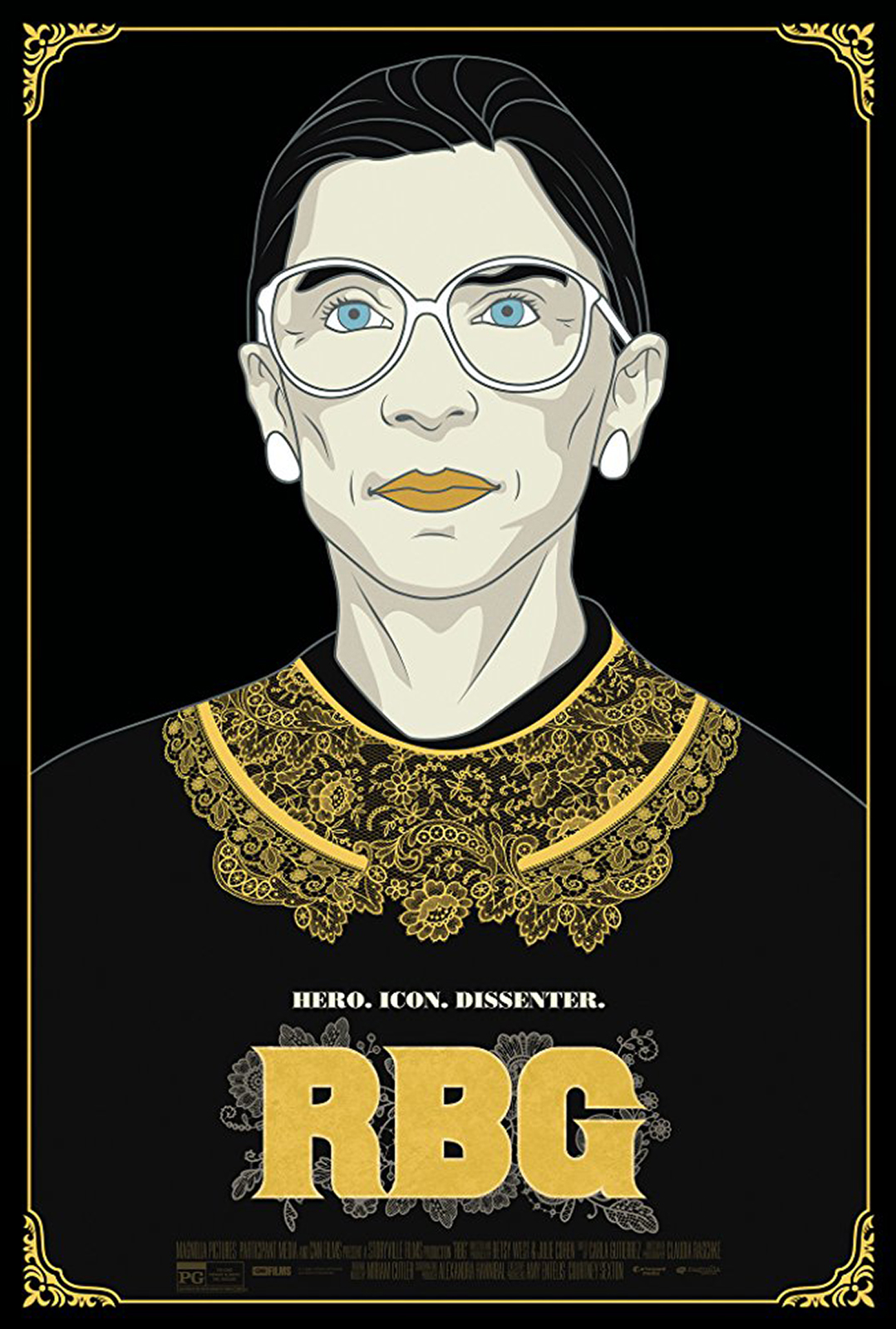

Included in the book is a talk she gave called “Speaking in a Judicial Voice,” that discusses the importance of clear and compelling judicial prose. Edited by two Georgetown law professors, Mary Hartnett and Wendy Williams, it’s a fascinating collection of Ginsburg’s writings-briefs, articles, speeches, lectures, and bench announcements spanning her life and career. My Own Words is a new collection of Ginsburg’s lectures and writings on everything from women’s rights to opera and the law. Known as “Notorious RBG” by her admirers for her principled stand on civil rights and women’s issues, Ginsburg takes her legal writing seriously. “And I use the ‘read aloud’ test to check whether I have succeeded.” Ginsburg has said that Nabokov greatly influenced her legal writing: “I seek the right word and word order,” she explained.

Being much more than all this, style constitutes an intrinsic component or characteristic of the author’s personality.” In his famous lectures, Nabokov stressed the careful selection of the perfect words, but also taught his students that style “is not a tool, it is not a method, it is not a choice of words alone. In 1989, actor Christopher Plummer portrayed the author lecturing about Kafka for PBS. “He stood alone, not comparable to any other lecturer.” In addition to being a brilliant novelist, Nabokov was also known as an inspiring professor. “He was magnetically engaging,” Ginsburg told the magazine Culture Trip earlier this year. One of my favorite little known facts about Supreme Court Justice Ruth Bader Ginsburg is that she was a student in Vladimir Nabokov’s European Literature class at Cornell when she was an undergraduate in the 1950s.


 0 kommentar(er)
0 kommentar(er)
